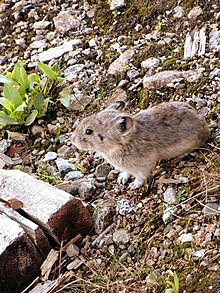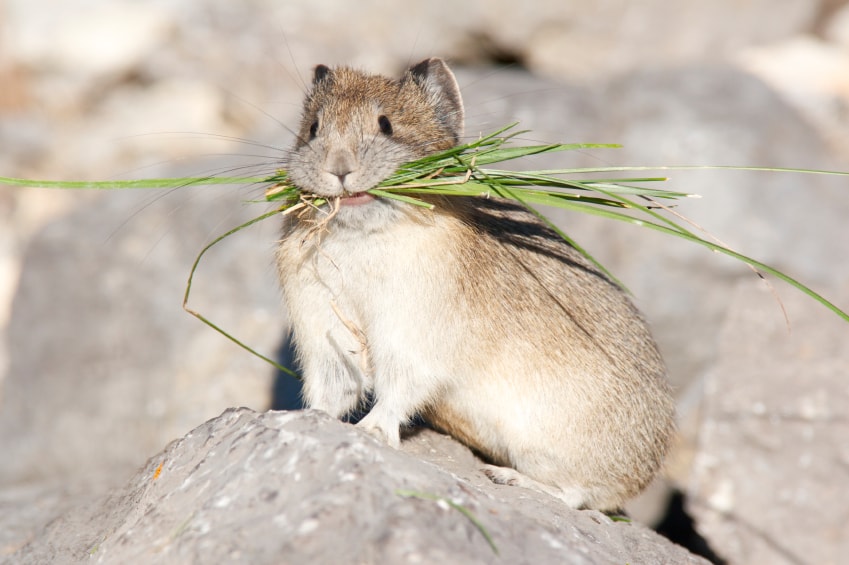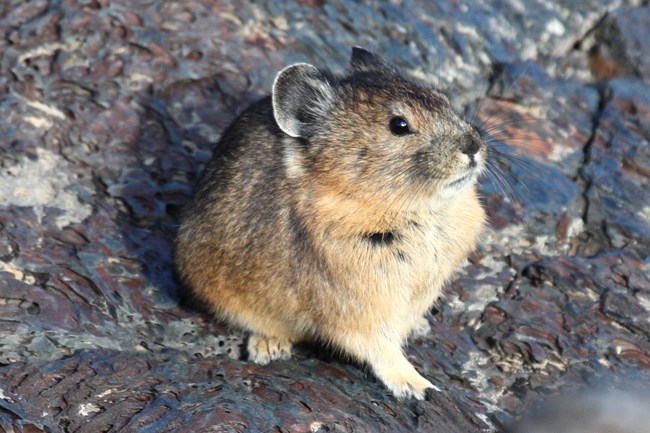
Study: Geography, not genetics, influences American pika's response to climate change
A very large team of researchers from across the U.S. along with a few from Canada and Australia has found that geography is playing more of a role in how the American pika is responding to climate change than genetics. In their paper published in the journal Nature Climate Change, the group describes their exhaustive study of the small animal and what they found. Meagan Oldfather with the University of Colorado Boulder has published a News & Views piece in the same journal issue outlining the work by the team.
Full article: Distribution, climatic relationships, and status of American pikas (Ochotona princeps) in the Great Basin, USA
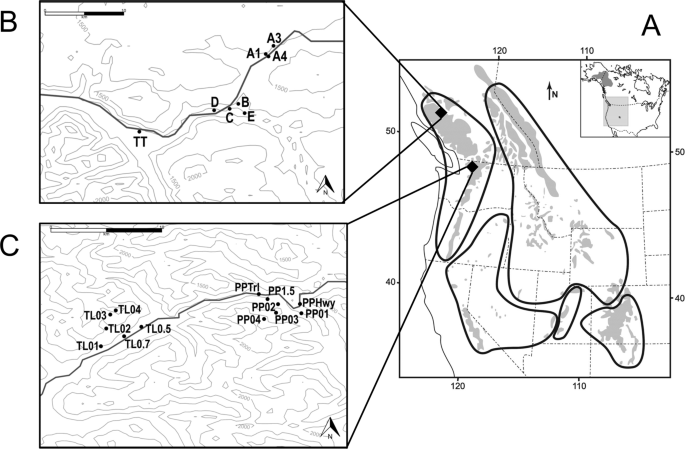
Genome-wide analysis reveals associations between climate and regional patterns of adaptive divergence and dispersal in American pikas

American pika - Wikipedia
Revisiting talus and free-air temperatures after 50 years of change at an American pika (Ochotona princeps) study site in the Southern Rockies
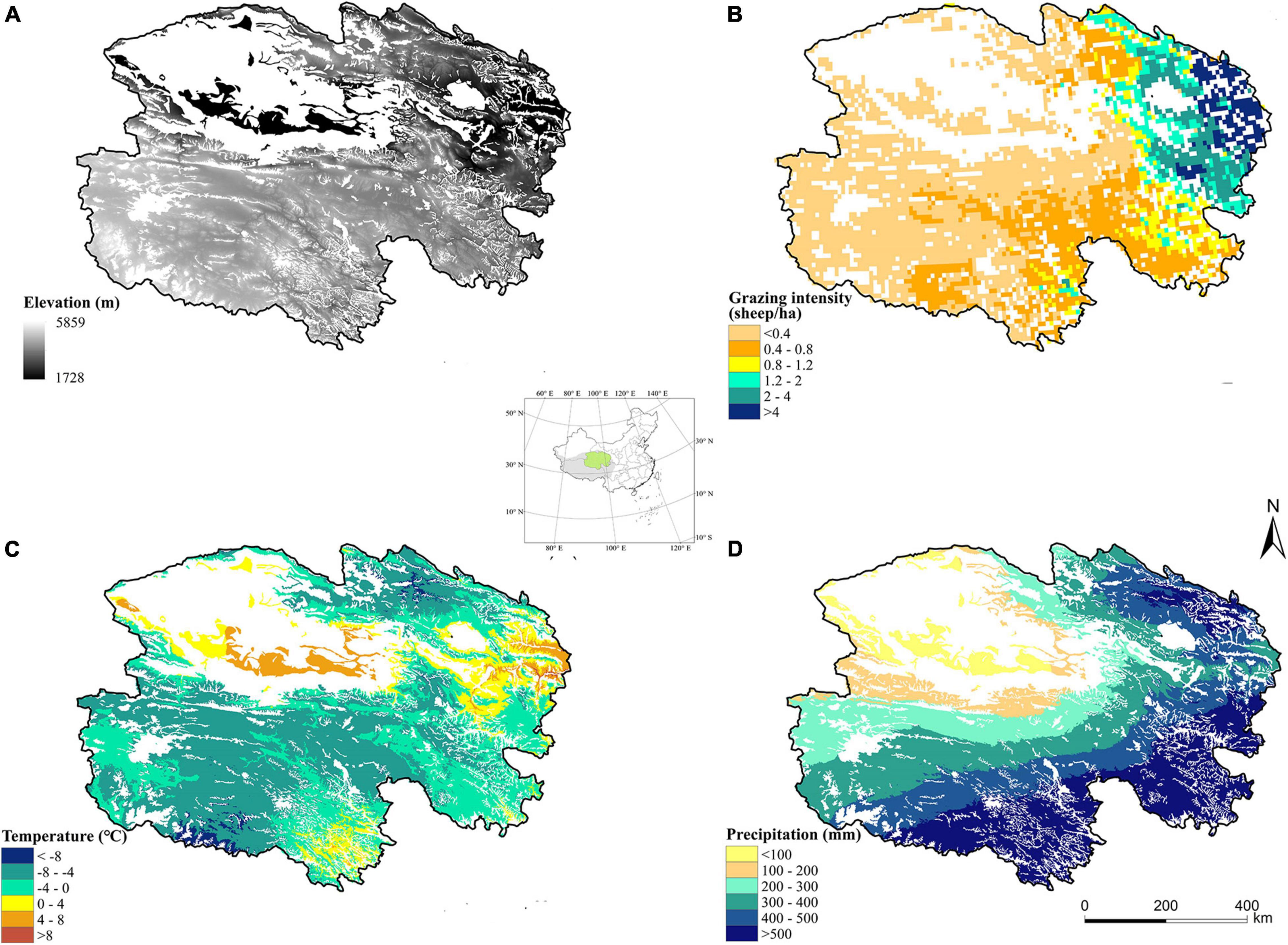
Frontiers Spatiotemporal Dynamics of the Carbon Budget and the Response to Grazing in Qinghai Grasslands
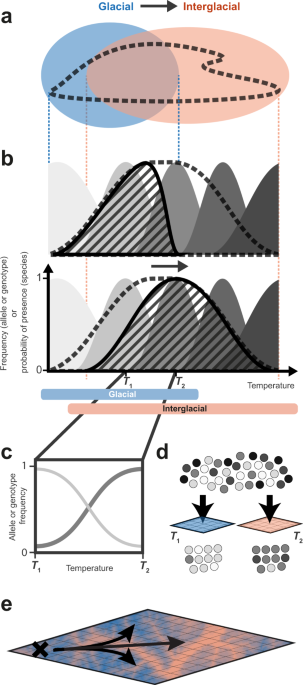
Climate-induced range shifts drive adaptive response via spatio-temporal sieving of alleles

Finding the Genomic Basis of Local Adaptation: Pitfalls, Practical Solutions, and Future Directions
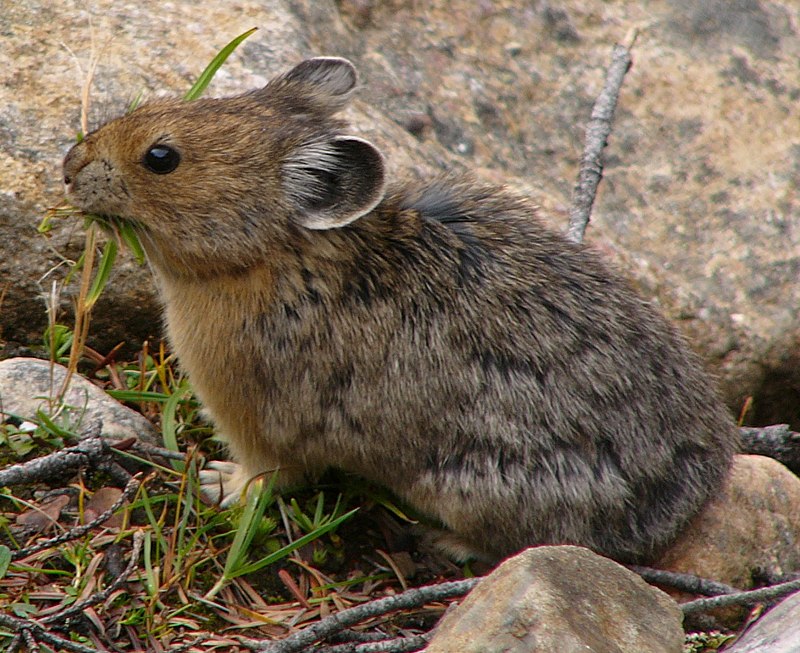
American pika - Wikipedia

Prion disease: PRNP sequences of wild animals from the Qinghai-Tibet Plateau
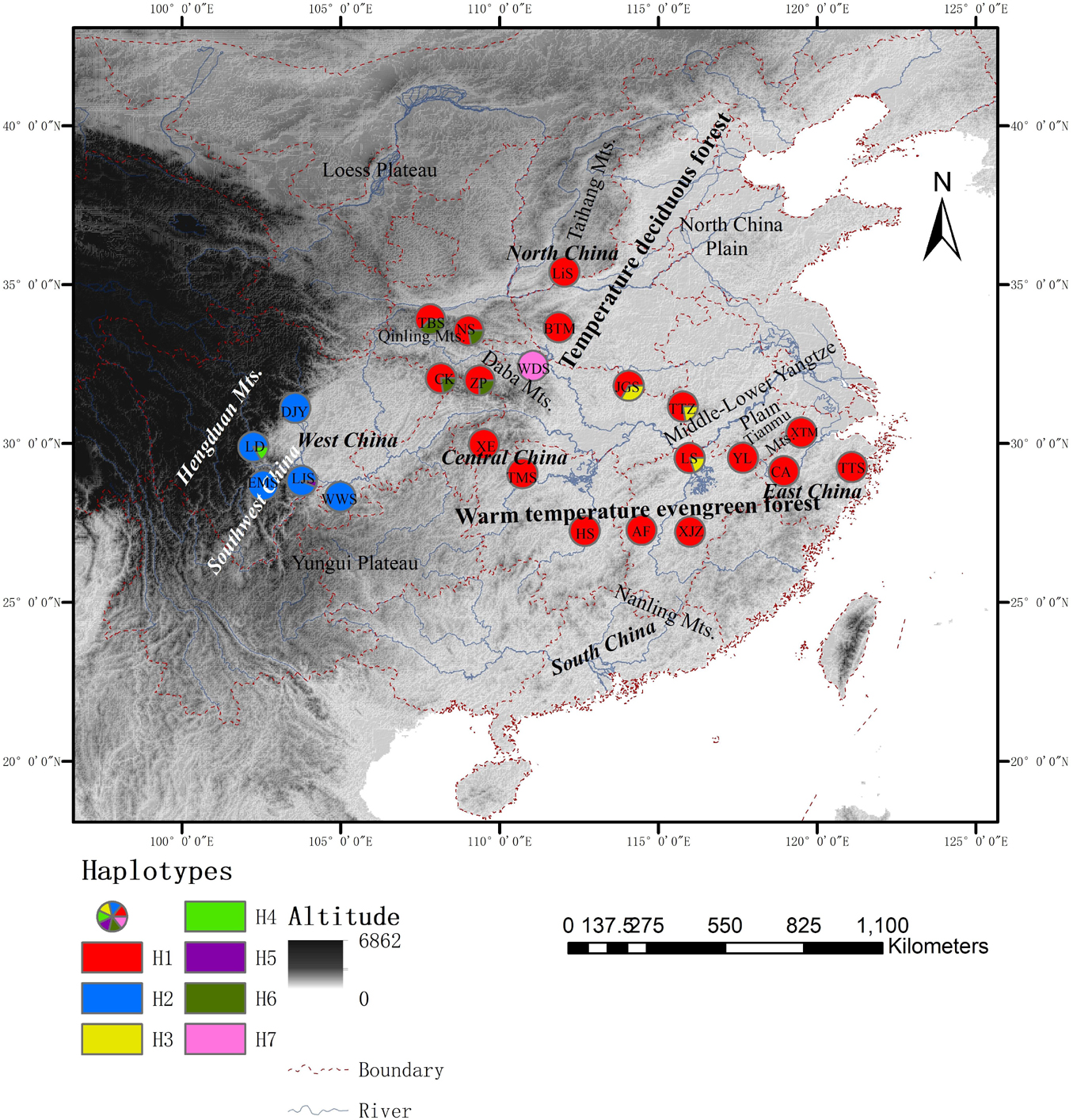
Frontiers The Effects of Climate Change on Landscape Connectivity and Genetic Clusters in a Small Subtropical and Warm-Temperate Tree

The role of geography, environment, and genetic divergence on the distribution of pikas in the Himalaya - Dahal - 2020 - Ecology and Evolution - Wiley Online Library
